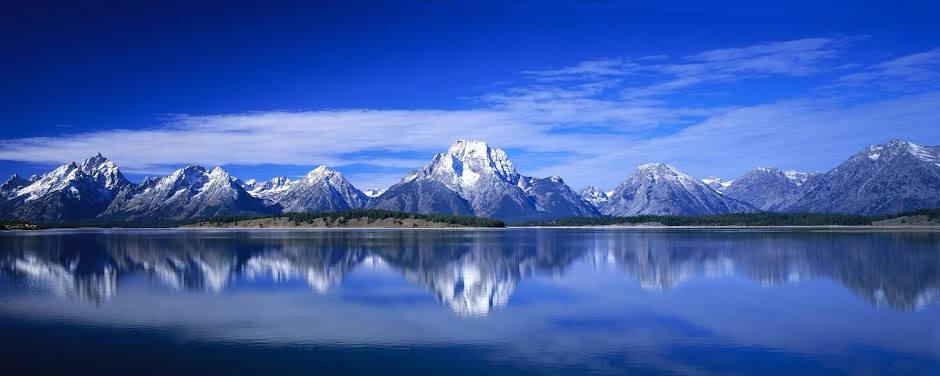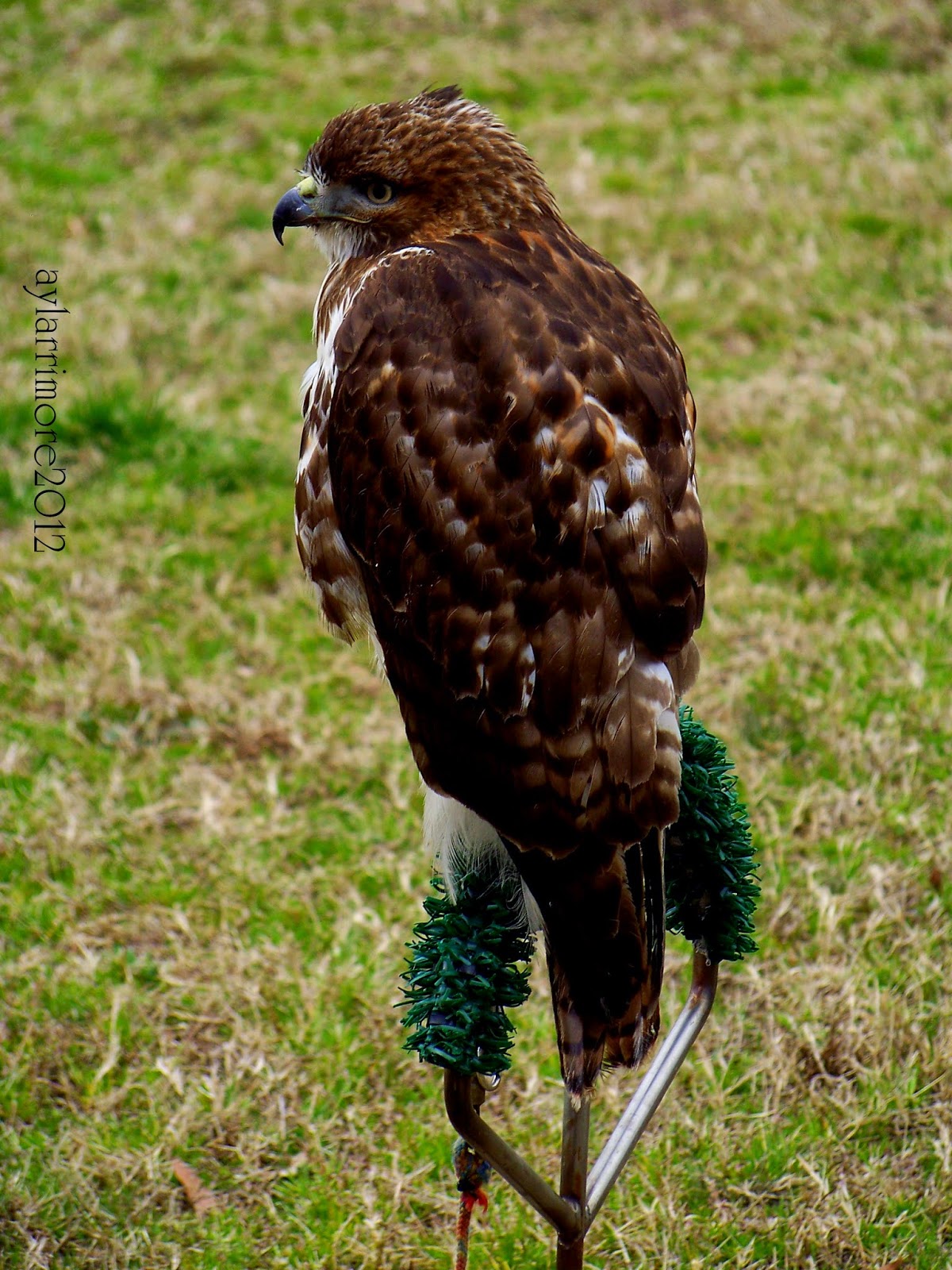Remember this: Call Bullshit when necessary. Your sanity is at stake.
The sky was overcast somewhat with an impending
assortment of rainstorms. I was walking along working a previous social problem
through my head when I stopped at the epic moment of what should have been
realization and looked up to see a vertical rainbow, like a stairwell from
heaven; epiphany.
Days before, I had seen an old friend from high
school in the same place. I remembered the last time I saw her sitting drunk
under a tree after she met people previous to the time she had planned to meet
me. I showed up and another person in the group said I should take her home. I
looked down at her and said, “Come away from these people. They do not love
you.” She argued in her drunken stupor. I decided it wasn’t my
responsibility to be her keeper anymore. I bailed her out before from harm’s
way. She seemed to like that place. As I saw her walking away from me after a
short conversation, I decided I didn’t desire another relationship
with her, even this late in life. Sometimes, you have to let people go and fall
in a pit to the bad things that can happen to them if they become seduced by
negative habits, people and decisions.
I thought of the phrase from Lost Girl when
Kenzi tells Beau, in regard to another situation, “I wish I knew how to quit
you”, and how it applied to a certain page that I use to enjoy, but no more. I
reviewed the feelings that the content of the page made me experience; solely
negative now. I wondered why I was experiencing these emotions to a
virtual world. I was not the only one experiencing this from viewing the page.
I looked at the administrators of this page based around the act of hunting. I wanted to see if I could make a comparison to charismatic figures. We know
charismatic figures such as Jim Jones, Adolph Hitler, and Charles Manson. These
are extremes of charismatic leaders but the potential lives in us all.
When navigating the world of hunting online, we
must be careful not to fall under the persuasion of a charismatic personality. This
type of individual will insight panic, fears, and dilutes your judgment through
distraction because you will hand over your logical ability to make decisions
and let them tell you what is what. This distraction is performed through
sublime messages and limited conversation through propaganda that supports a
certain theme. This theme is usually a compelling story of some kind that if
fraught with a very bad ending or impending doom to the halls of hunting. This
charismatic individual will be talking and getting you to carry out the vision
of their theme. This sublime message will come in the guise of implied care on
the part of the leader to the minions.
Charismatic leaders can use force, reason, or
charm. Force and reason are rational evaluations. Charm is more subtle but it
can only be aimed at someone who is open to it as charm is an emotional
manipulation. If charm runs out then reason followed by force ensue. Online
manipulation is subtle.
If you were looking to identify this type of
person, they are usually preoccupied with approval ratings but are distracted
from the actual goal. They may even be unhappy with the fact they are catering
to an idea themselves contrary to their personality and will construct a
separate social media to placate this deviation. This deviated page will
indicate a destructive nature that is contrary to the theme or image they are
trying to maintain. This preoccupation
is also addictive for the follower and the charismatic leader. It’s a toxic relationship
that really has no substance to it. It’s a mirage or delusion. This becomes a
dependency because each participant experiences a social media high. Even if
you see followers of such a leader that eventually become disillusioned the leader is blissfully unaware his/her minions are no longer glamoured by him/her. This
charm of the leader can hide an anti-social behavior where ego-centricities,
deceit, manipulation, and selfishness are prevalent.
Collectively, in a hive-like mentality there is group
narcissism where minions are charmed by a shared core value that is skewed from
the original individual belief. What the
charismatic leader does is take a group of people and transform them through
subtle reprogramming to become a more radical version of self by getting the
minion to fully commit to the cause against another without question; just
blind worship, adoration, and follow-through. Here you can think of a snake oil
salesman when you ask yourself, “What exactly is that person selling?”
This snake oil salesman will use socially accepted
means to propagate love and flattery to the tribe. Unfortunately as charismatic
leaders are generated the concept or existence of them distracts and eventually
self-destructs. Jim Jones killed his followers through forced poisonings and
murder. Charles Manson went nuts and killed a starlet via his small harem, and
Hilter was smited in his last hours; so no good came to them. For all their
pomp and circumstance with grandiose flair and mind wheeling control they ended
up dead and marked as social rapists of the mind with murderous tendencies by
reinterpreting people’s beliefs to drive followers to fulfill their independent
visions.
When connecting to social sites take a moment to
pause and review the page:
What exactly is being sold here in the form of
ideas or beliefs?
Read the comments and make an assessment of the
replies of the administrator.
What is the quality of the people that are closest
to the persons involved?
Do the members share a common mentality that might
be derogatory?
Is there some underlining behavior that is
derogatory to types of individual that
might over time distort your own behavior to people that you normally would not
be inflamed by?
Are you being asked to rally around a group or
person in a form of attack to defend a theme? Is this theme worth it? Is the
information given to argue this movement correct, your thoughts, or are you
being dictated too?
As always, in the sense of investigation these are
things to remember and assess. There are enough unknown people on the internet
that can hurt you. You can give yourself
permission to stand back and say to yourself, “Is this what I want or am I
being a prospector digging in a mud hole looking for gold when all I am going
to get is splinters in my hands?” As an online consumer of information, be
careful of getting involved with people you know nothing about, blindly
following behind them because they seem to have the same morals as you. Not questioning
strangers, their behavior, associations with other derogatory groups and comments is self-delusion if you think everyone
should be given open access to your life. Not all people are good or want the best for you. Some people will work their whole life time trying to get revenge (when really whatever bad befell them was brought on by their actions) on you which in itself is an empty time machine of monotony going nowhere fast.
You know you have fallen prey to a charismatic
leader when the person has convinced you that it is a good idea to attack and
hurt another human being that you do not know for the charismatic leader’s reasoning
and rational. People suffer this all the time in cliques with a leader that
demands loyalty and followers that will not question his/her motives on why
they are causing harm on the leader's behalf. A sure way of testing this theory
is to say ‘no’ to the charismatic leader then watch how the leader reacts. If
it ends in a negative experience for you; be thankful. You could still be
blindly following them. There is a lot of times when I tell people to man up or woman up because to many people have rings or fingers up their noses
dictating the kind of human being they are supposed to be. You have a mind of
your own, a mouth that can say no, two feet to walk in the opposite direction
from evil, and hopefully a cell phone to dial a friend when you are in trouble.
The charismatic leader in your social media life could be a little man standing
on a ant hill yelling come follow me to the mountaintop. Be your own person and don’t let anyone lead
you down the primrose path. It could be littered with thorns.
Hunting can teach you a lot.
Hunting can teach you a lot.
Written by: W Harley Bloodworth
~Courtesy of the AOFH~






